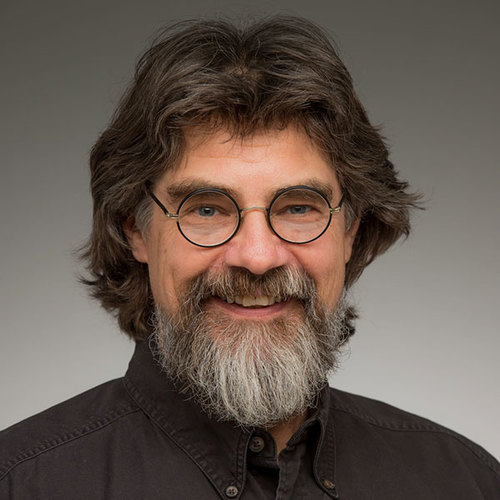Liturgical Theology
Next Session: Oct 21, 2024
Course Description
What is “liturgical theology”? To many, it is the study of liturgy much the way any other topic might be studied – by dissecting and examining it. This course suggests a different approach, though, to see liturgy as a source of theology itself. In the words of the prominent liturgical scholar Fr. Aidan Kavanagh, “liturgy is the faith of the Church in motion.” Liturgy expresses and forms the identity of the Christian. The first unit of the course will introduce you to this view of liturgical theology. The next unit will ask about the origins of the Church, and the origins of the structure of the liturgy she does (and I will connect it to the opening rite of the Mass, the Gathering Rite). Our third unit will consider liturgy's connection to Scripture, the Liturgy of the Word, where God instructs the people he has gathered. Toward that end I would like to look not only at the first half of the mass, but also at the Liturgy of the Hours and the Liturgical Year. Our fourth unit will consider the Liturgy of the Eucharist, the central life-giving source for the Christian, and identify five dominant theological themes in it. Our final unit will consider the cost and consequence of entering into this mystery (something I have recently called “liturgical asceticism”).
Course Content
Unit 1: What Is Liturgical Theology?
- Definitions
- The Liturgical Movement
- Liturgical reforms of Vatican II
Unit 2: Liturgy and Church
- Liturgy’s origin in the Trinity
- Church’s origin in Trinity
- Church as called assembly
Unit 3: Liturgy and Scripture
- Liturgy of the year
- Liturgy of the Hours
- Liturgy of the Word
Unit 4: Liturgy and Eucharist
- Christ sanctifies His people with the Mysteries
- 5 dimensions of Eucharist
Unit 5: Liturgical Asceticism
- What is liturgical asceticism?
Course Format
- Six weeks in duration, with one week for orientation.
- Typically 15-20 students in each course.
- Lectures delivered by streaming video.
- All lecture text available online in text format.
- Supplemental readings provided online.
- Written assignments (200-250 words) required.
- Facilitator-moderated Zoom sessions with participants in course.
Required Texts
Participants need to have a copy of What Happens at Mass (Jeremy Driscoll, OSB; Liturgy Training Publications) to use during the course. All other readings will be available online in the course space.
Participation Requirements
- View or read the lecture for each unit.
- Read assigned texts; keep notes, questions, and comments for class discussion.
- Participate in the class discussion using the Forums area: post at least 2 comments, questions, or responses per unit.
- Respond to the assignment in each unit.
- Participate in at least 3 scheduled Zoom sessions throughout the course.
- Complete the course evaluation.
Time Expectations
3 to 5 hours per week, depending on your learning style and schedule.
Course Certificate
A certificate of completion awarding 30 contact hours will be sent upon completion of all course requirements.

Dr. David W. Fagerberg
David Fagerberg is an associate professor of liturgical studies at the University of Notre Dame. His area of study is liturgical theology: its definition and methodology, and how the Church’s lex orandi (law of prayer) is the foundation for her lex credendi (law of belief). Lately he has been working on how liturgy, theology, and asceticism interrelate. He also has interests in sacramental theology, Eastern Orthodoxy, linguistic philosophy, scholasticism, G. K. Chesterton and C.S. Lewis.
B.A., Augsburg College 1972
M.Div., Luther Northwestern Seminary 1977
M.A., St. John's University (Collegeville) 1982
S.T.M., Yale Divinity School 1983
M.A., M.Phil., Ph.D., Yale University 1991